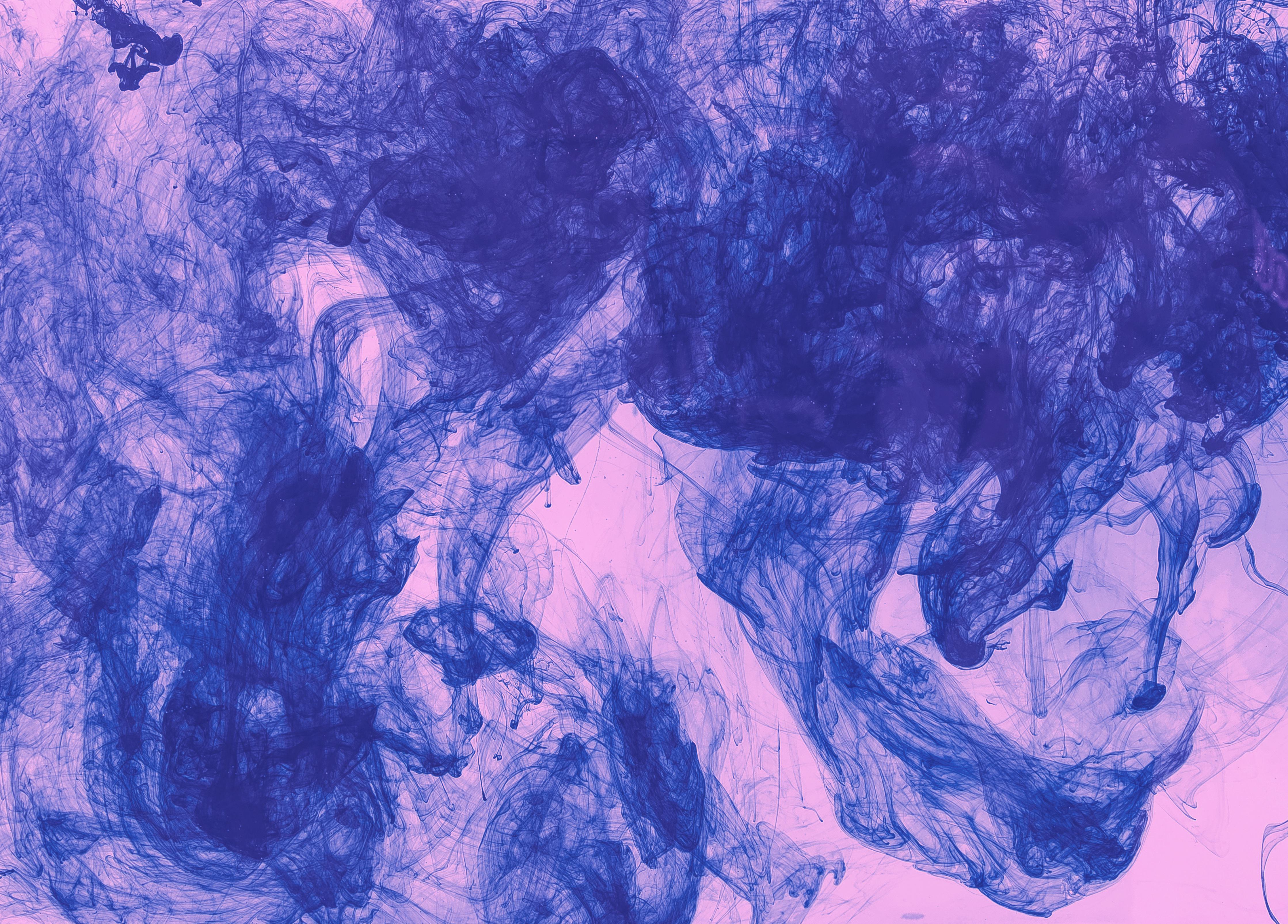Contesting the Prescriptibility of Emotion through Affective Encounters in Lucy Prebble’s The Effect (2012)
DOI:
https://doi.org/10.2218/forum.1.10033Abstract
This paper explores how Lucy Prebble’s The Effect (2012) dramatises the subversive potentialities of affective encounters as an antidote to the isolating, profit-minded forms of posthumanisation prescribed by modern psychiatry. It argues that the play poignantly unveils how the convergence of the psychopharmaceutical industry with advanced capitalism and neoliberal ideology shape popular discourse around mental illnesses and the necessity of medically induced (self-)regulation of emotion. It also investigates how Prebble mingles crisis with hope in the piece by portraying the autonomy and unpredictability of affective bodily responses, which evade being translated into bio-data and destabilise biopsychiatry’s totalizing view of emotions as utterly controllable through the brain. My analysis utilises Rosi Braidotti’s theorisation of the posthuman subject as both susceptible to exploitation and control and as the site of resistance and ongoing transformation, as presented in her work The Posthuman (2013). It also employs Stefan Herbechter’s theories, as expressed in his book Posthumanism: A Critical Analysis (2013), on how biotechnological developments, advanced capitalism and ideology converge, facilitating new forms of self-governmentality. Finally, it refers to Brian Massumi’s conceptualisation of affect, prevalent in his work “The Autonomy of Affect” (1995) as an intense autonomic bodily response which resists processes of control and manipulation. Ultimately, I argue that The Effect highlights the transformative potential of affective encounters and interconnectedness, functioning as resistance to modern psychiatry’s isolating prescription of emotional self-governance through self-medication.
Downloads
Downloads
Published
Issue
Section
License
Copyright (c) 2024 Magda Barouta

This work is licensed under a Creative Commons Attribution 4.0 International License.






